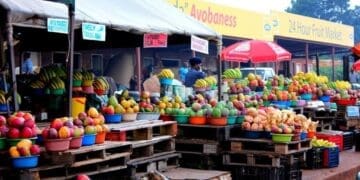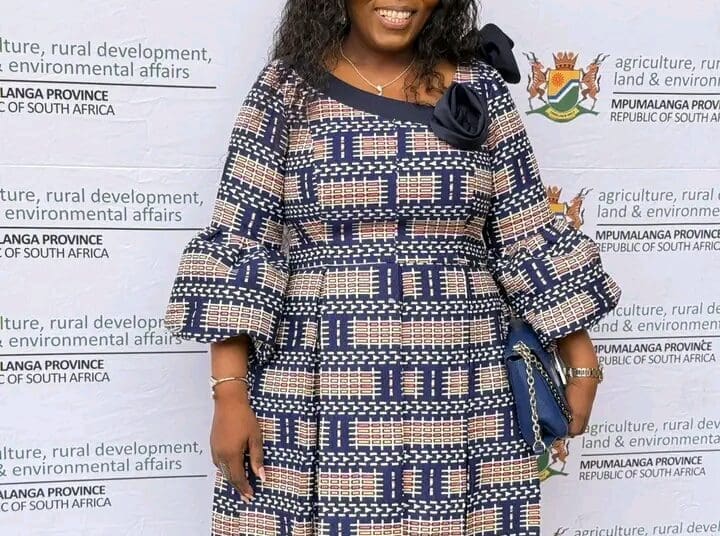Mpumalanga’s small-scale farmers and agri-entrepreneurs are set to benefit from a newly launched R400 million blended finance facility aimed at unlocking growth opportunities and building a more inclusive, competitive agricultural value chain.
Agriculture, rural development, land and environmental affairs MEC Khethiwe Moeketsi said the fund was designed to place rural farmers at the centre of the economy and foster long-term inclusion in the value chain.
“This is more than just finance. It’s about transforming agriculture into a real engine of inclusive growth. The Mpumalanga Agro-Fund puts rural farmers at the centre of our economy. It’s a tool of empowerment, not dependency,” Moeketsi said during the tabling of the department’s Budget Vote.
The fund will prioritise investments in key value chains such as grains, poultry, cannabis and aquaculture, while unlocking jobs through agro-processing and rural industrialisation.
“We expect to create over 1200 agro-processing jobs by 2027, while boosting strategic zones like the Nkangala Grain Corridor and the Mkhondo Agri Hub,” Moeketsi said.
For many entrepreneurs like Merriam Sigauke, who is owner of Hluvuka Makwerhu Farming and Projects, a vegetable farming business in Bushbuckridge, this fund offers renewed hope for scale and sustainability.
“These initiatives would open valuable market access for my farm, helping me reach both local and international buyers. That means better prices for my produce and less reliance on middlemen,” Sigauke told Vutivi News.
“It will also help farmers access essential inputs and equipment needed to expand their operations. With increased production, we can create more jobs and contribute to food security.”
While Sigauke welcomed the launch of the fund and the MEC’s commitment to inclusive growth, she said she has lived the reality of many small-scale producers, especially those with disabilities.
“As a young woman farmer, I’ve faced challenges in accessing funding, equipment and market opportunities. And coming from a family with many deaf relatives, I’ve seen firsthand how persons with disabilities are often excluded from agricultural development conversations,” she said.
Sigauke added that while support may exist in policy documents, the real challenge was implementation.
“Support exists on paper, but more targeted implementation, inclusive communication and real follow through are needed to make a real difference on the ground.”
Alongside the fund, the department will operationalise the Mpumalanga International Food Market.
Jeff Mabuza, a small-scale farmer in Nkomazi municipality, believes that this initiative will enable emerging farmers to reach larger buyers.
“I’m one of the New Market Agents appointed to operate the Mpumalanga International Food Market. I strongly believe that this initiative is certainly a step in the right direction, particularly for black farmers,” said Mabuza.
“A major playing factor in this is that they are the ones who own the retail chains as well, and so, that should be the next step in our transformation initiatives.”
For Mabuza, the food markets are a necessary step to disrupt longstanding monopolies.
“Market access has always been skewed. The white commercial sector dominates distribution and retail chains. That must change if we want to see black farmers grow beyond survival,” he said.
























































